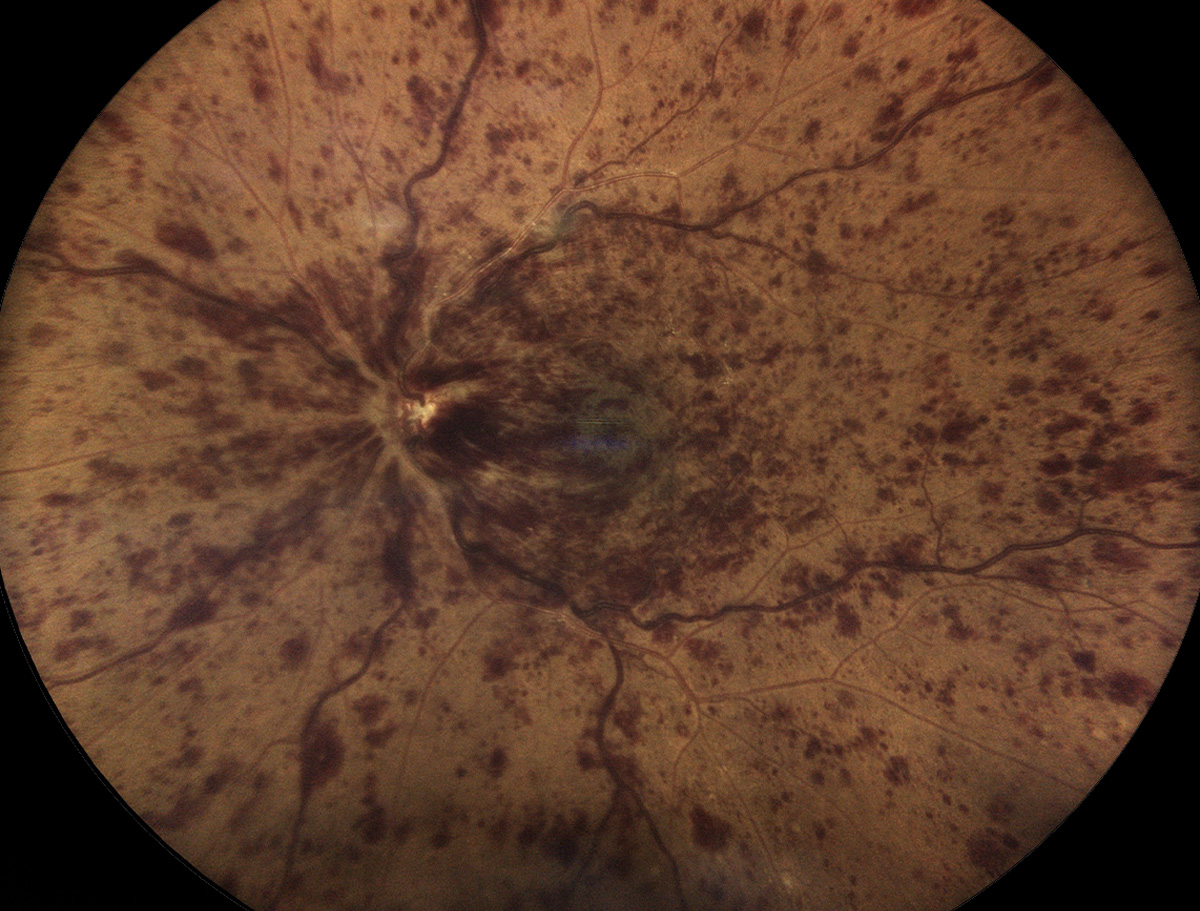Many studies have suggested a clinically significant association between vitamin D deficiency and increased risk of developing retinal vein occlusion (RVO), a major cause of visual loss predominately affecting older adults. Adding to this mounting evidence, a new systemic review and meta-analysis found that patients with the vascular condition exhibit lower levels of vitamin D than healthy controls.
 |
|
The consistently lower levels in RVO patients across published studies suggest a broad association between vitamin D deficiency and RVO risk. Photo: Jessica Haynes, OD. Click image to enlarge. |
For their analysis, researchers collected data from six relevant studies comprising a total of 589 participants. Studies were obtained from various online databases, including PubMed, SCOPUS, Web of Science and Embase. The results indicated a stark association between vitamin D deficiency and increased risk of RVO with an odds ratio of 14.51. Specifically, patients with RVO exhibited serum vitamin D levels that were, on average, approximately 1.91ng/mL lower than their healthy counterparts. Notably, the researchers found no significant variance in vitamin D levels between disease subtypes (central RVO and branch RVO).
In their paper on the study, published recently in International Journal of Retina and Vitreous, the authors elaborate on their findings, which indicate a protective role of vitamin D in vascular health. “Vitamin D deficiency has been identified in numerous cardiovascular and cerebrovascular incidents, hinting at a potential association with disorders affecting retinal vasculature,” they wrote. “The correlation between vitamin D deficiency, hypertension and increased vascular resistance prompts consideration of potential confounding factors related to RVO.”
While all but one study included in this meta-analysis yielded consistent findings—lower vitamin D levels in patients with RVO than controls—the researchers note that further investigation, specifically through clinical trials, is essential to explore the impact of vitamin D supplementation on RVO, which may “contribute invaluable insights to improve treatment strategies,” they concluded.
Daneshvar K, Akhlaghi M, Iranpour S, Irajpour M, Pouraziz M. Vitamin D deficiency in patients with retinal vein occlusion: a systematic review and meta analysis. International Journal of Retina and Vitreous. 2024;10:52. |


